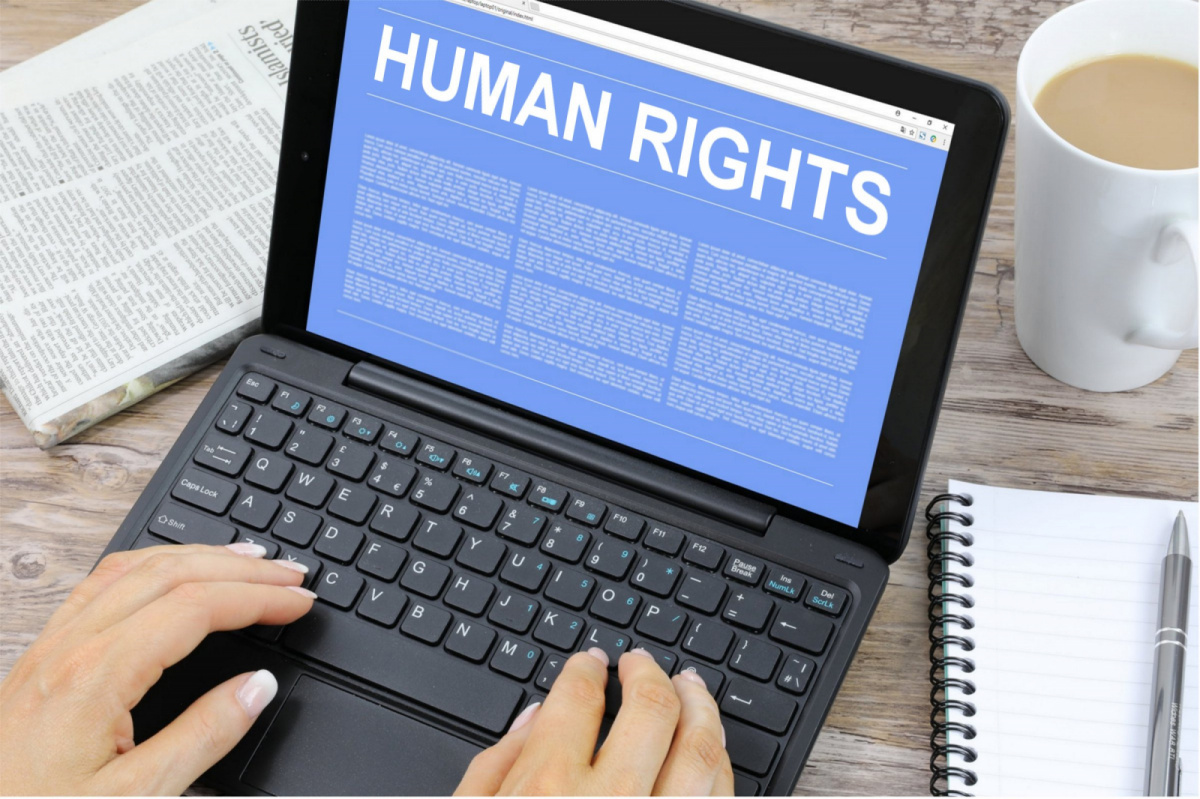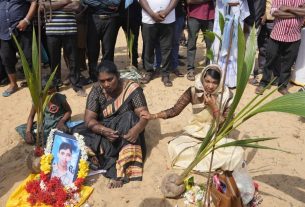Human Rights Watch (HRW) has called on the Vietnamese government to release two imprisoned activists, Can Thi Theu and Le Dinh Luong, citing serious medical concerns and inadequate healthcare in detention.
Activists Facing Severe Health Issues
According to HRW, both individuals are suffering from deteriorating health and have not received sufficient medical treatment while incarcerated.
- Can Thi Theu, 63, a prominent land rights activist, is serving an eight-year sentence under Article 117 of the Vietnamese penal code for “conducting propaganda against the state.” Her activism focused on land confiscation and environmental issues, particularly in Dong Tam commune, where her family documented a violent land dispute in 2020. HRW reports that she was hospitalized in July for abdominal pain and fever and continues to suffer from chronic pain and exhaustion.
- Le Dinh Luong, 59, known for supporting former political prisoners and their families, is serving a 20-year sentence under Article 79 for “activities to overthrow the people’s administration.” He reportedly suffers from spinal degeneration and chronic stomach pain, and recently undertook a hunger strike to protest the lack of medical care.
International Standards and Legal Concerns
HRW emphasized that under Rule 27 of the United Nations Standard Minimum Rules for the Treatment of Prisoners (Nelson Mandela Rules), detainees are entitled to timely medical care. The UN General Assembly has reaffirmed that prisoners must have access to national health services without discrimination based on their legal status.
“The Vietnamese authorities should immediately release Can Thi Theu and Le Dinh Luong, or at least give them prompt access to the medical care they need,” said Patricia Gossman, HRW’s Associate Asia Director.
Broader Human Rights Implications
HRW and UN experts have previously condemned Vietnam’s treatment of peaceful activists, describing it as part of a broader effort to suppress dissent. In 2024, UN officials warned that imprisonment and mistreatment of human rights defenders could have a “chilling effect” on freedom of expression and peaceful assembly.
“Deprivation of liberty and mistreatment in prison should not be used as a tool by the Vietnamese government to silence human rights defenders and civil society members working on sensitive issues,” UN experts stated.
The cases of Theu and Luong continue to draw international attention, raising concerns about Vietnam’s compliance with global human rights standards and its treatment of political prisoners.
Excerpts from jurist.org article by Tahara Kamara | The City Law School, GB



